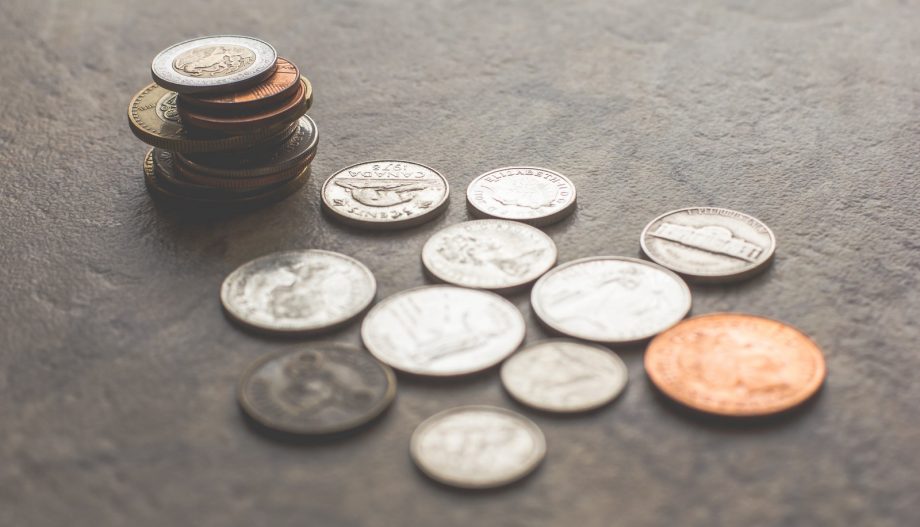The competition for customers’ deposits and banking needs have prompted Nigerian banks and banks all over the world to be creative with the types of accounts and services they offer.
Banks have come to differentiate between services and accounts, howbeit marginally, by altering the characteristics of such services or accounts. No matter what happens among banks in their quest to outdo each other, you need to place your money where it can earn the best for you.
If you already have your money in any bank, it is necessary to ask yourself questions such as how much is my money in the checking or savings account earning? How much does the bank charge me for their services each accounting period? Can I get a better interest rate elsewhere or in another bank? Can I get the same or even more services elsewhere at a cheaper service charge?
[READ MORE: Why you need emotional intelligence to successfully run a business]
How to determine the best savings account for you
Given the many bank accounts and services out there, it is becoming increasingly difficult to determine which one is appropriate for you and you need to make the right decision. To make such a decision easier, here are some of the questions to ask so as to determine the best bank account for you.
- What is the minimum deposit I need to open the account? This question arises because accounts from different banks offering similar services may require different initial minimum deposit amount. Even within the same bank, different accounts oftentimes require different minimum initial deposit amount. The account that should appeal to you should be one that requires little or no minimum deposit.
- What is the minimum balance, if any, required to keep the account open? Some bank accounts require you to have a minimum balance of a given amount such that if the balance goes lower, you get charged some fee. Basically, what you want is an account with no minimum balance requirement.
[READ ALSO: Six easy ways to market your new business on internet]
- What is the yearly service fee for this account? Different accounts and different banks charge different fees for their services, although they are required to be within the stipulations by the Central Bank on bank fees. Ordinarily, one would want to have an account that does not charge fees but there is hardly any. However, the lower the services fee, the better. Accounts with lower fees should appeal to you, except where the quality of service is compromised by the lower service fees.
- Is there a maximum number of withdrawals allowed per month? The answer to this should be a ‘no’ but some banks require that you pay a fee or lose your interest if you make more than a given number of withdrawals in a month. Look for accounts that do not have this provision, if there is any.
- What interest rate is the account currently paying and how is the interest credited – daily, weekly or monthly? The higher the interest and the more frequently it is credited, the better, therefore look for accounts with daily or weekly interest accruals.
- Can you deposit third party cheques into the savings accounts? The answer to this question should be a ‘yes’ because when a savings account gives you the convenience and flexibility of depositing cheques and other financial instruments, you get the privilege of a current/checking account with the attributes of a savings account. A sort of buy one, get one free.
By asking and finding answers to the above questions and comparing various bank products that fall in line with the answers, you will be in a better position to determine or decide on what bank account is better or even best for you.
[READ FURTHER: These poor investment decisions has ruined lives]
















